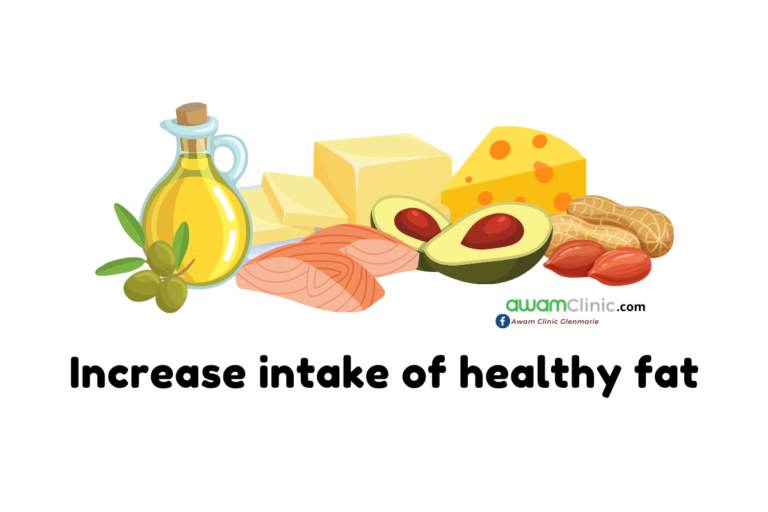Five Ways to eat better for managing chronic disease

Our overall health, mood, and energy levels get affected by your diet, and that is doubly true if you have a chronic illness. The food you eat has a genuine effect on how well you are able to function on a daily basis in your life, and in some cases, a healthy diet can even help to slow down the progression of a disease. If you are chronically ill, think of a good diet as medicine and helps to reduce actual medication, not just nutrition. Here are five things you can do to make sure your diet is boosting your overall health and wellness.
Eat a Plant-Based Diet

You don’t have to be a vegetarian or vegan for your diet to be healthy. Consider this, it’s clever idea to fill the major portion of your plate with plant-based foods rather than meat, dairy, or eggs. Those foods of plant origin are nutrient-dense and lower in calories, this means they nourish you and fill you up while helping you maintain a healthy weight. Fruits, vegetables, legumes, and whole grains are essential parts of a healthy plant origin diet.
Reduce Sugar, Alcohol, and Caffeine

Those suffering with a chronic illness, it’s important to avoid substances that have a high chances of throwing your body’s internal balance out of order. Four things :Sugar, Salt, Alcohol, and Caffeine can make your symptoms worsen when you’re sick. Stay away from them (or cut way back on your intake) to sleep better, keep your blood sugar & blood pressure stable, and avoid mood swings
Increase Your Intake of Healthy Fats

Dietary fat isn’t our enemy, in fact, it’s essential to have some fat in your diet for excellent health. The type of fatty food we eat makes a huge difference, so choose carefully. “Bad or not-so-good” fats include trans fats and hydrogenated oils, present in many processed and fried foods. Saturated fats, found in many animal foods, are Not as bad as trans-fats (like frozen pizza, microwave pop-corn), but they should still be consumed in small quantities. Unsaturated fats, like vegetable oils and fatty fish, are the healthiest to consume regularly.
Choose Your Meats Carefully

Red meats contain a lot of saturated fat, so it’s best to eat it in moderation or not at all. Leaner meats like chicken and fish are a healthier source of protein.
Listen to Your Body

Everyone’s body is a little bit different. We all don’t have the same nutritional needs compared to patients with a chronic illness. You or someone in your family or friend circle may be a patient and we try to give useful tips for them. While it’s a promising idea to follow the general guidelines of healthy eating, you should also talk to your doctor about which foods and supplements are most beneficial for you. It’s also important to get into the habit of listening to your body and noticing how certain foods make you feel. If you notice that certain foods make your symptoms worse (or make you feel awesome), you can adjust your diet accordingly. I suggest start keeping a food diary can help you track how particular foods affect your health and well-being.



